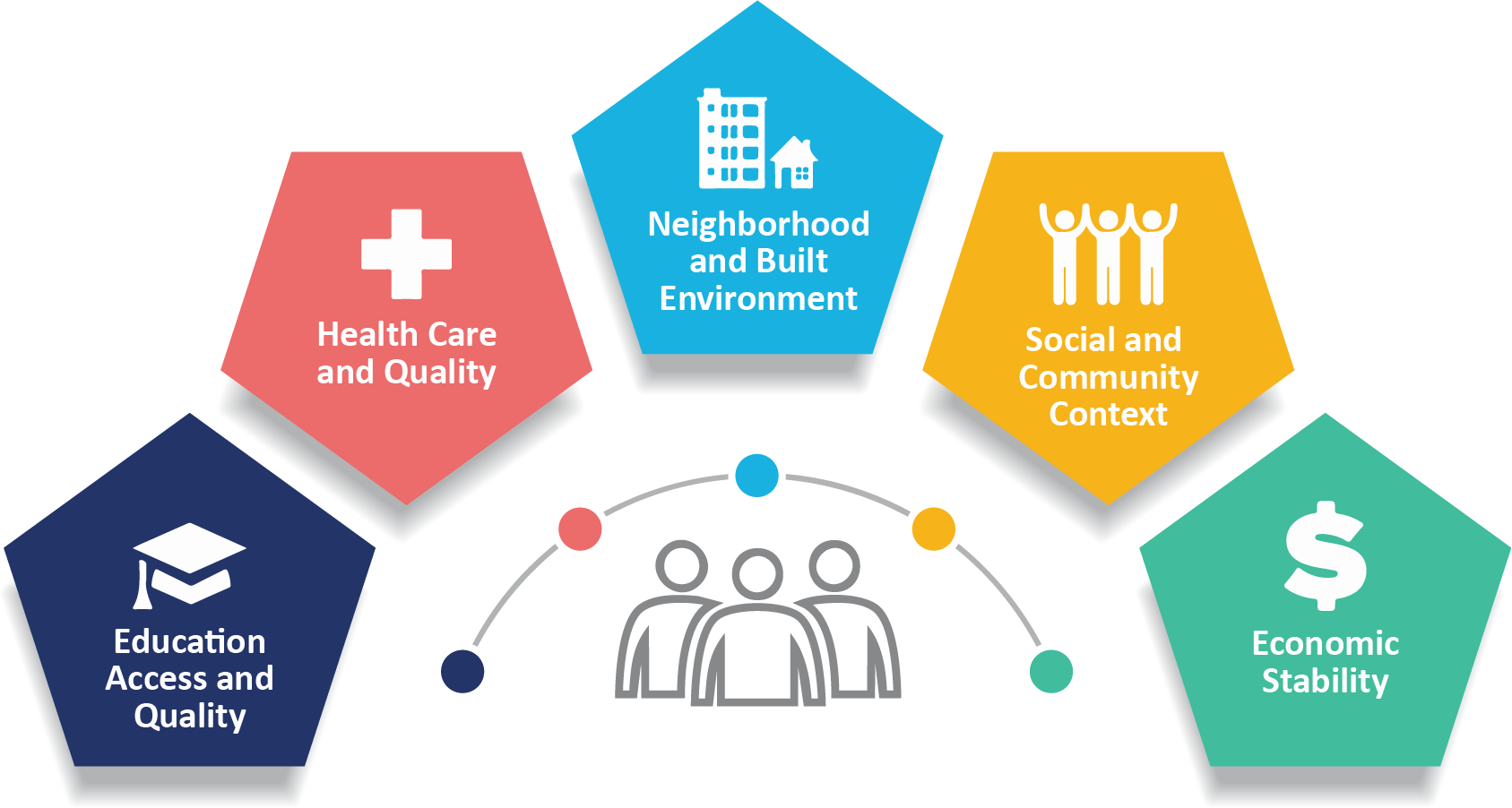Social Determinants of Health
Mar 29, 2023
This essay provides an in-depth analysis of the social determinants of health and their impact on individuals. The social determinants of health are defined as the conditions in which people are born, grow, live, work, and age that affect physical and mental health, life opportunities, and overall well-being. These conditions can include factors such as income and wealth; education; working conditions; employment opportunities; gender identity and expression; race/ethnicity; geography; housing quality; access to healthcare services; food security; safety from violence and crime etc.
There is an array of evidence that supports the notion that these social determinants have extensive implications on individual health outcomes - both positive and negative. People with higher incomes tend to experience fewer chronic illnesses than those with lower incomes due to better access to healthcare and treatment. Those with higher educational attainment have a greater likelihood of finding an employment opportunity, which can be beneficial for overall health. Gender identity and expression are also pertinent factors as they often intersect with other determinants such as income, education, and geography.

Moreover, race/ethnicity can play a significant role in individuals' life opportunities and physical health outcomes due to systemic racism that restricts resources available to certain minority groups. Geography can also affect the quality of healthcare services available - those living in rural areas may have fewer medical facilities within reach than those living in urban areas. Poor housing conditions can lead to overcrowding, poor air quality, inadequate sanitation which all increase the risk of infections or injury. Lastly, food insecurity and lack of safety from violence can further compound these adverse health outcomes.
The evidence of the strong link between social determinants of health and their impact on individuals is abundantly clear. It is essential for governmental bodies to take this into consideration when developing public health policies, as well as other related initiatives such as education, housing programs, etc. In order to reduce disparities in health outcomes and promote overall wellbeing, it is necessary to address these underlying conditions that are affecting populations across the globe.
